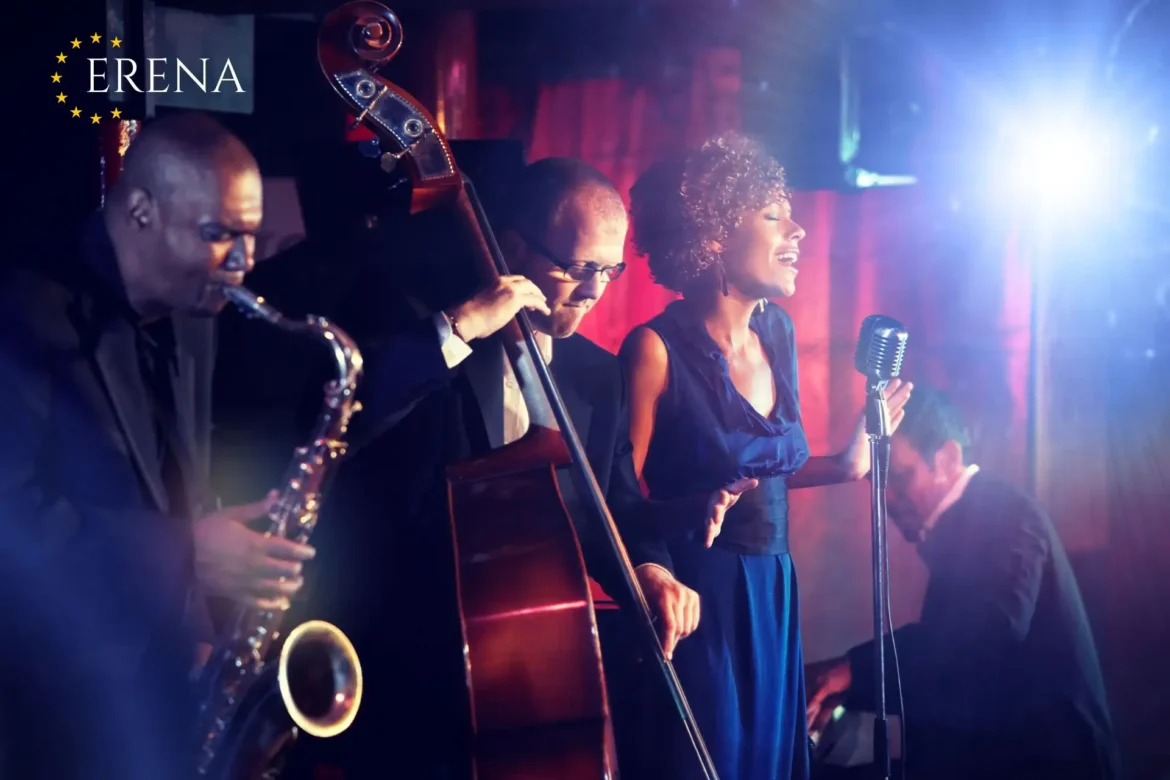In an era dominated by streaming platforms and algorithm-driven playlists, a quiet yet influential movement is transforming how people engage with music. Listening bars—venues where sound quality and intentional listening come first—are growing in popularity worldwide, inspired by Japan’s nearly century-old jazz kissa tradition.
Jazz Kissa: A Tradition Rooted in Intentional Listening
Jazz kissa, meaning jazz cafés, emerged in Japan during the late 1920s as affordable spots where people could enjoy jazz records played on high-quality audio systems. By the 1960s and 70s, these cafés became cultural hubs for students, intellectuals, and audiophiles.
The essence of jazz kissas was their reverence for music. Spaces were dimly lit, acoustically optimized, and designed specifically for deep listening. Patrons would sit quietly, immersed in sound, cultivating a personal connection with the music.
Global Renaissance of Listening Bars
Nearly 100 years later, the jazz kissa concept has found new life internationally. Cities like London, New York, Milan, and Los Angeles now feature contemporary listening bars, combining vinyl culture’s charm with modern design and curated music experiences.
At their core, listening bars advocate for active engagement with music rather than passive consumption. They challenge the modern trend of music as mere background noise, encouraging visitors to slow down and listen deliberately.
Inside Today’s Listening Bars
Contemporary listening bars emphasize meticulous curation. Playlists frequently span genres like jazz, soul, electronic, ambient, and world music, often presented exclusively on vinyl. Resident DJs and dedicated music curators thoughtfully orchestrate these sonic experiences.
Attention to detail extends beyond music, with carefully designed interiors featuring acoustic wood paneling, vintage turntables, customized sound systems, and cozy lighting. Drink menus typically include natural wines, craft cocktails, sake, and specialty coffees, often paired with artisanal snacks, enhancing the multisensory experience.
The result is a unique hybrid space, blending elements of a lounge, gallery, and performance venue, dedicated entirely to celebrating the art of listening.
Why Listening Bars Are Thriving Today?
The growing appeal of listening bars aligns with a broader cultural shift toward mindfulness and authenticity. Amid digital overload, people increasingly seek deeper, more meaningful experiences.
This trend resonates especially with younger audiences rediscovering analog formats like vinyl. Events such as vinyl DJ nights and communal listening sessions have become popular in cities like Portland, Oregon, demonstrating an increasing desire for immersive, community-oriented music experiences.
Building Community Through Sound
Listening bars represent more than nightlife destinations—they embody a movement dedicated to restoring music’s cultural and emotional significance. These venues offer spaces for discovery, reflection, and community-building, attracting both audiophiles and casual listeners seeking more profound musical encounters.
From Tokyo’s intimate jazz kissas of the past to today’s sophisticated listening lounges, the evolution of listening bars highlights music’s timeless ability to connect and uplift. As this global trend continues to expand, it’s clear that the art of attentive listening is experiencing a powerful revival.

